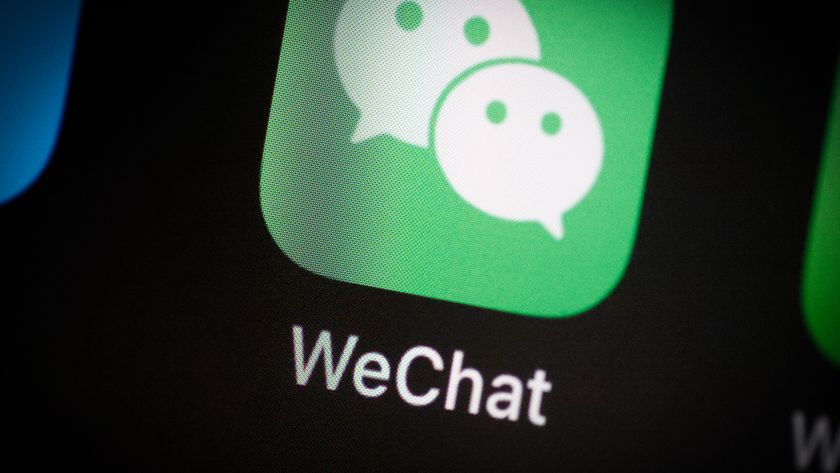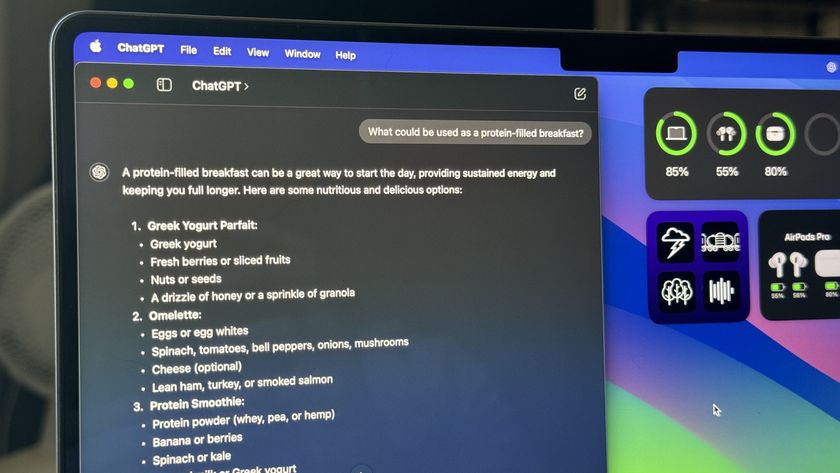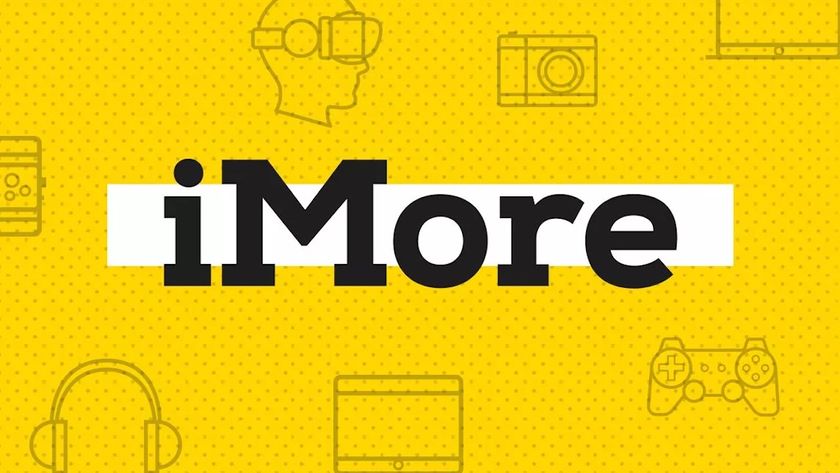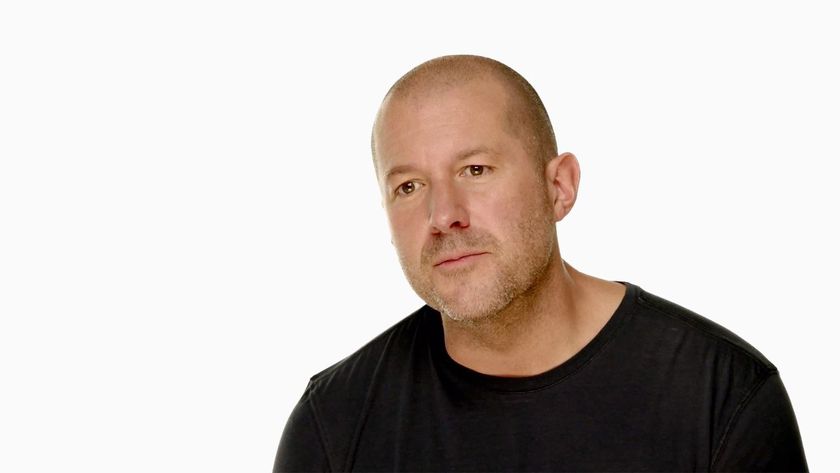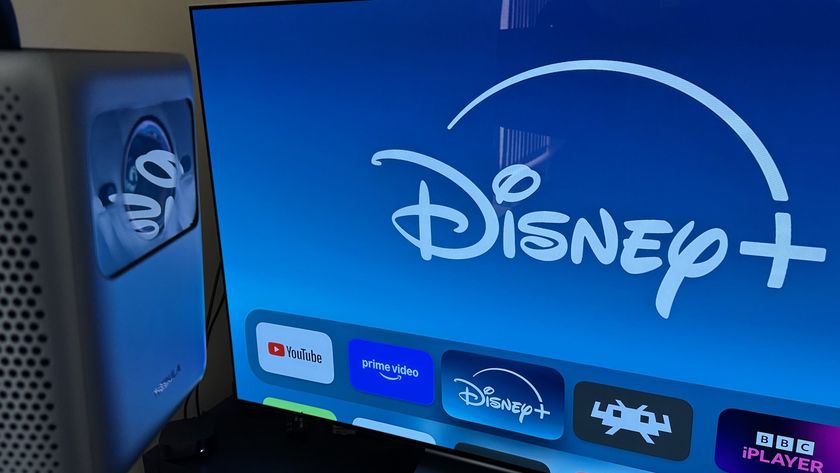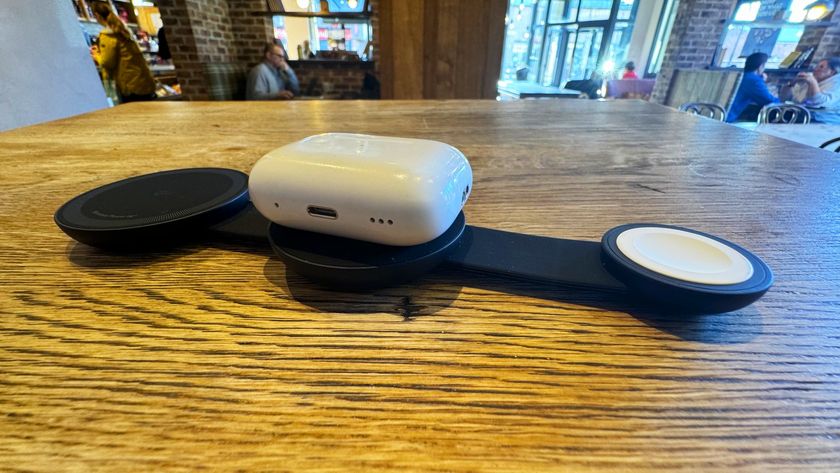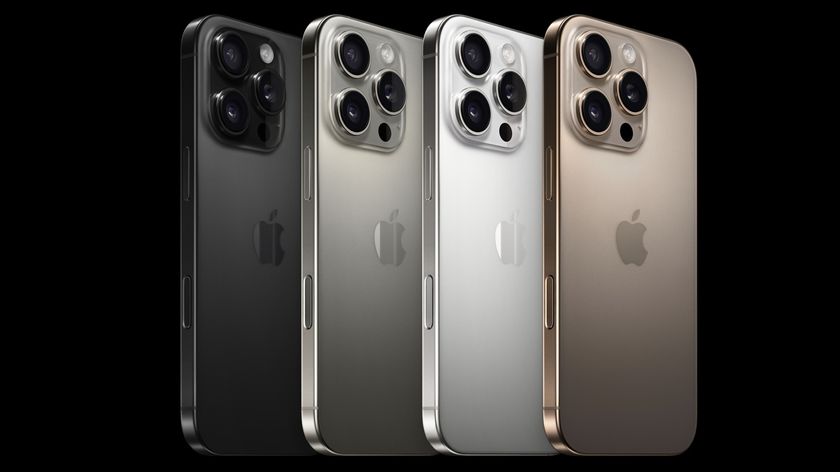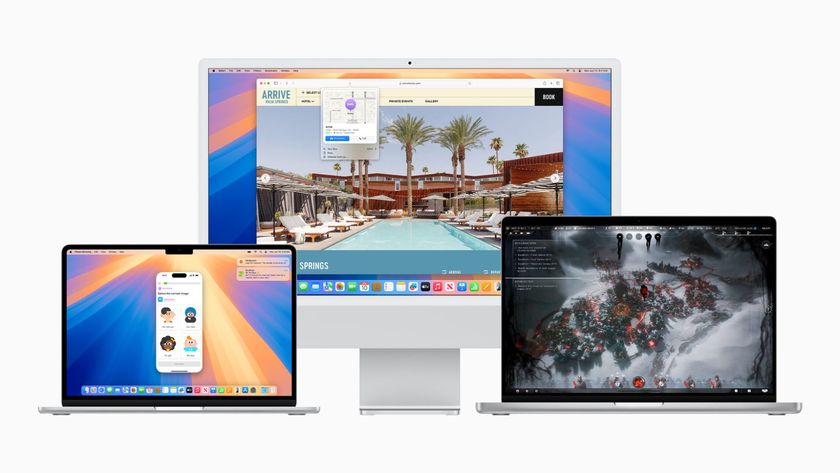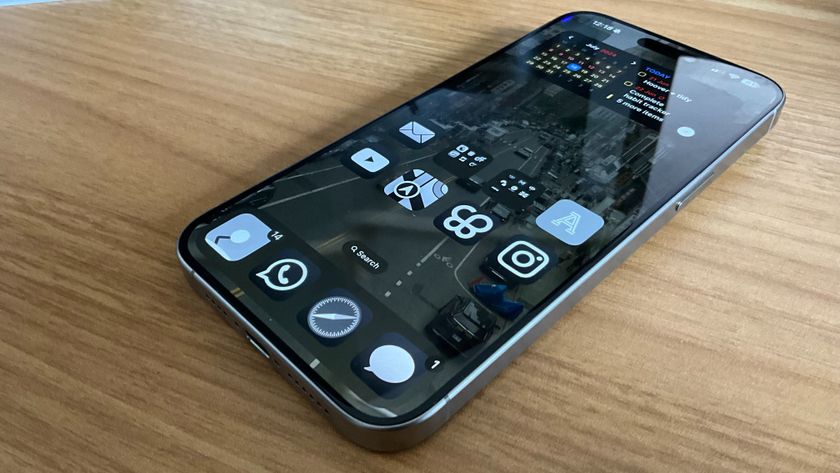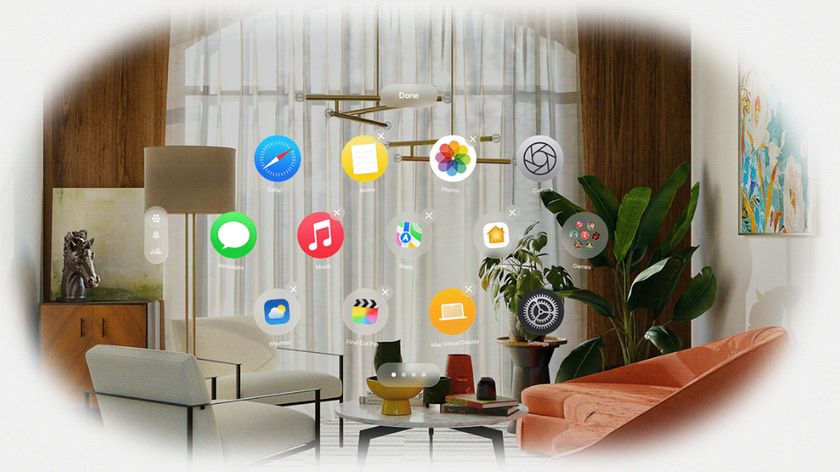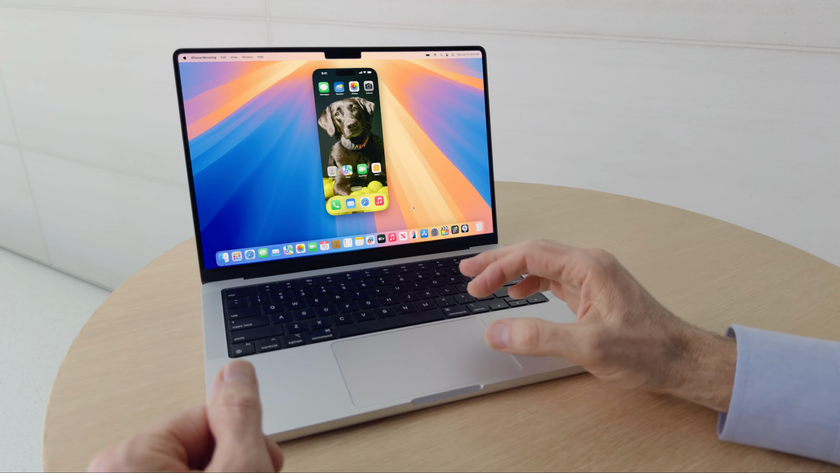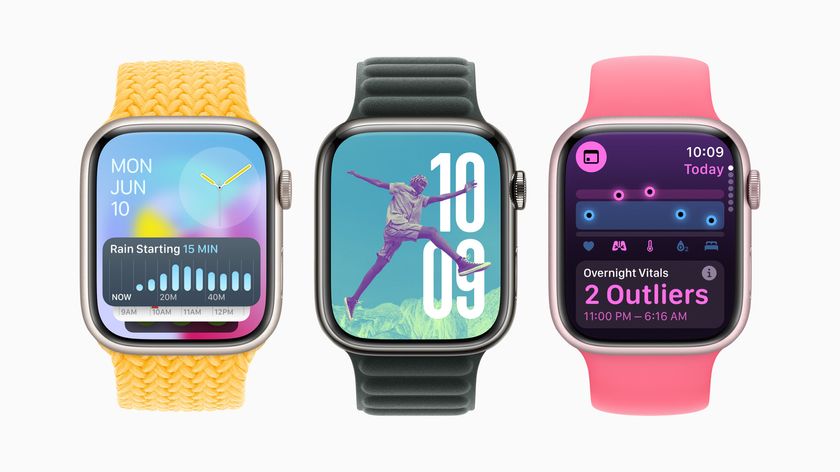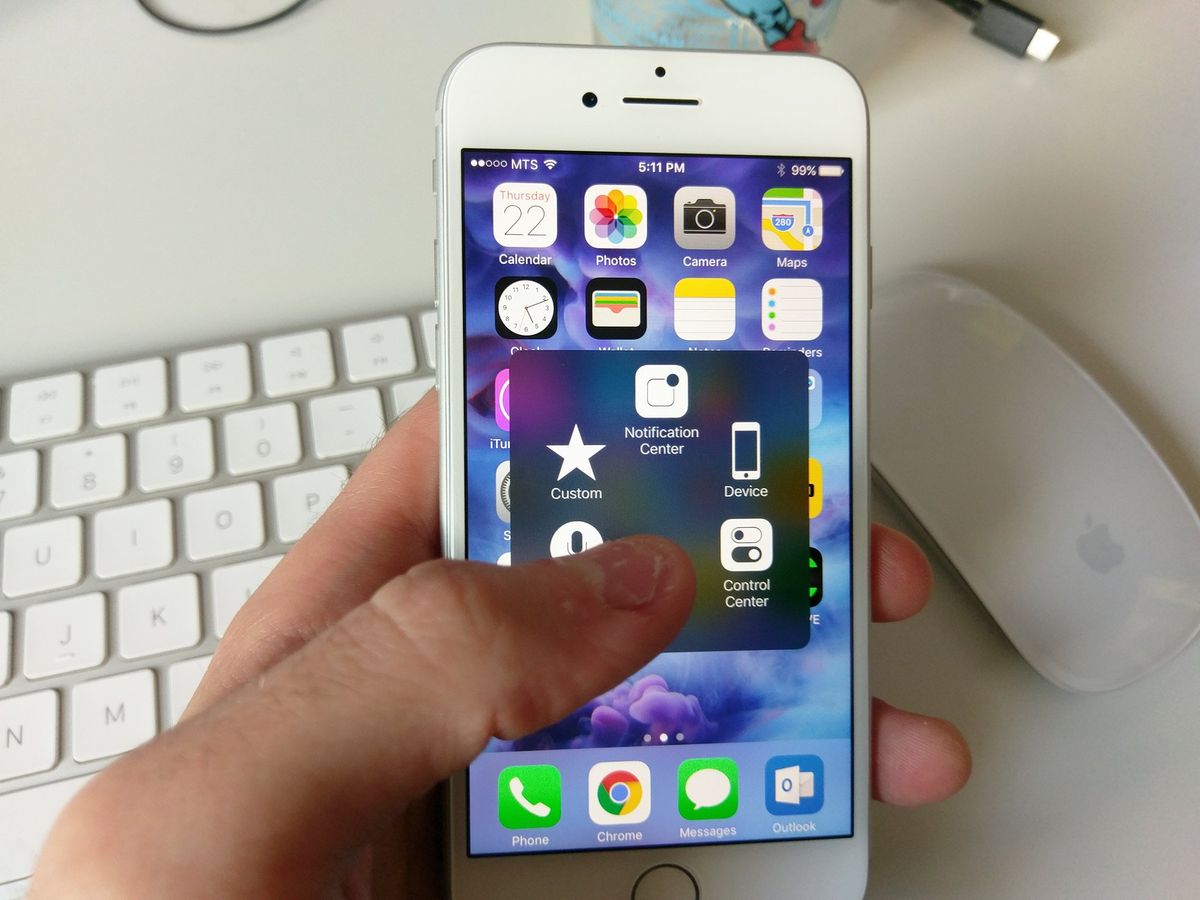
Apple has long been a trailblazer down the path to accessibility with such features as VoiceOver; it originated on the Mac back in 2007, and is now on every device the company makes. In recent years, Apple has been highlighting the importance of including accessibility features in new technologies and sharing its work with the world. It's incredible, the things Apple has accomplished in working toward an inclusive and supportive range of devices that anyone and everyone can use, no matter what their level of ability is.
Apple isn't the only one doing these things. There are lots of tech companies that include accessibility features on there devices and in their software programs, and even more app developers that provide incredible help to those that need it. More companies should be spotlighting what they do to advance accessibility technologies and proudly share their successes with the world. The competition to see who is the best at it could produce some amazing and revolutionary results.
How accessibility has helped my family
My nephew has Autism Spectrum Disorder (ASD). He is high-functioning, but didn't start out that way. He didn't say his first word until after turning three years old. Before he started speaking, his parents discovered a way to communicate with him using TapToTalk on a tablet or phone (TapToTalk has since gone out of business). When he was hungry, he could tell his parents that he wanted a bowl of cereal. The frustration that comes with not knowing why your child is upset eased up significantly once my nephew was able to talk to them thanks to TapToTalk. It's software like this that has helped a lot of families communicate when they never could before.
Fast forward seven years. My brother has been undergoing treatment for throat cancer, which has damaged his voice-box so he can no longer speak. Today, my brother uses an app called Speak4Me Pro, in which he types what he wants to say and the app uses VoiceOver technology to relay the information. It's been incredibly helpful for my brother to have the ability to tell my nephew to stop talking, even though he doesn't have a voice to do it (just kidding, though he sure does talk a lot now).
Both apps used by my family to help them have a voice when they weren't able to on their own didn't cost more than a dollar. Imagine how incredible it is to be able to talked to your loved ones, when you couldn't before, for just a dollar.
Accessibility issues are a part of my life, and that's just my immediate family. It's likely that you know at least a few people that deal with something relating to accessibility, too, like a grandparent that has vision impairment or a friend with hearing loss. It's not a niche market. It's a huge market.
How other companies besides Apple are helping the world
If you do a Google search right now for "Accessibility Apple," you'll see dozens of hits at the top of the page of reports of Apple showcasing accessibility features on its products — spreading the word. If you do a Google search right now for "Accessibility Android" or "Accessibility Windows" you'll find some very informative how-to guides for using accessibility features, but very little reports of how these companies are making strides in the industry. Less people are talking about it because tech companies aren't spotlighting it.
Master your iPhone in minutes
iMore offers spot-on advice and guidance from our team of experts, with decades of Apple device experience to lean on. Learn more with iMore!
There doing it, they're just not talking about it.
For example, Android has its own version of VoiceOver, which allows users to have words on screen and actions read allowed. It also lets a person connect their phone to switches or keyboards instead of the touch screen for people with dexterity impairments. It has braille display support, screen adjustments, and captions for supported content.
Windows has a long list of accessibility features available with its desktop software and Windows Phone includes a number of features similar to Android, like a version of VoiceOver, adjustable screen options, a magnifier and zoom, and captions for supported content.
Are they ashamed of their progress? Do they feel uncomfortable talking about it? I doubt it. I just don't think Google or Microsoft are spending much effort spreading the word of their part in making technology more accessible to everyone.
How competition encourages growth
Just like Google, Microsoft, and Apple are always fighting each other to prove who is the best at education, art, and generally cool features in their software updates, they should be fighting to prove who is better at inventing incredible advancements in accessibility. If every tech giant's keynote had a wow-factor section on accessibility, I'll bet we'd see the technology grow a lot faster.
Google and Microsoft, it's time you put on your boxing gloves and took off your humble suit. Tell the world about what you do for accessibility and try to make it the "next big thing" at your yearly keynotes. Let's see some healthy competition in the accessibility field.
Lory is a renaissance woman, writing news, reviews, and how-to guides for iMore. She also fancies herself a bit of a rock star in her town and spends too much time reading comic books. If she's not typing away at her keyboard, you can probably find her at Disneyland or watching Star Wars (or both).

